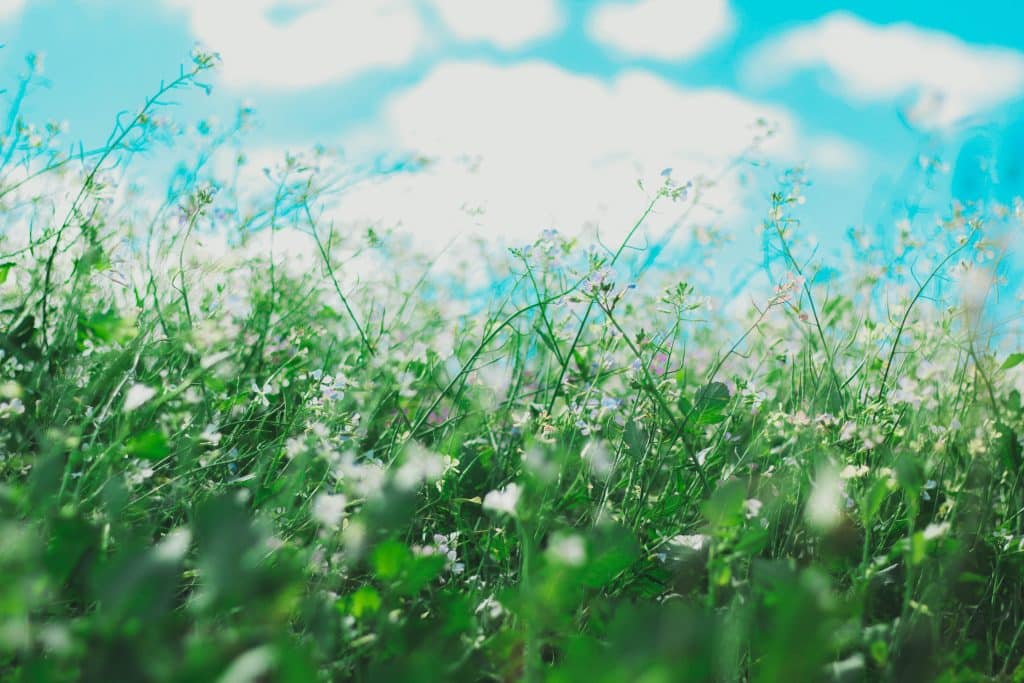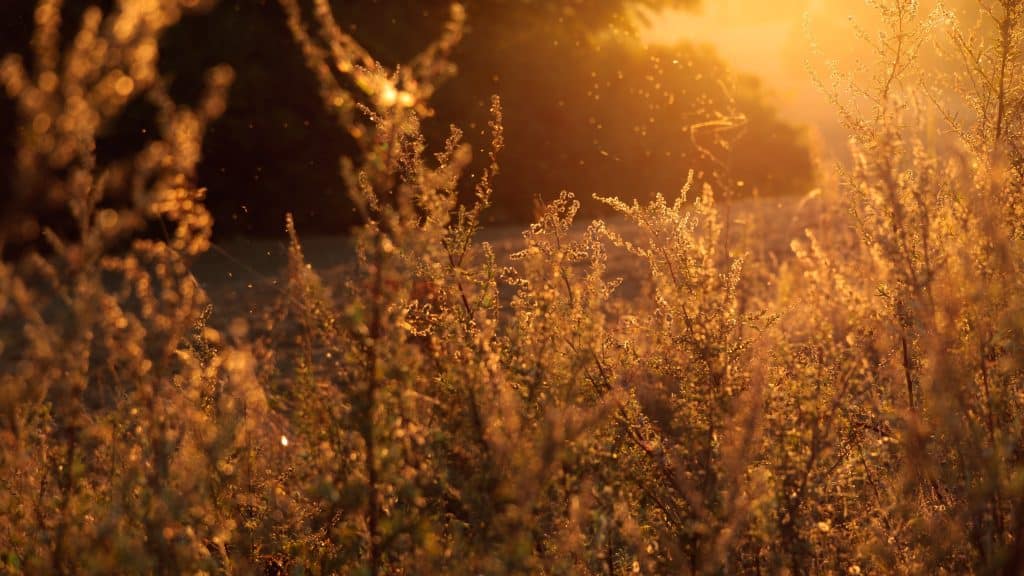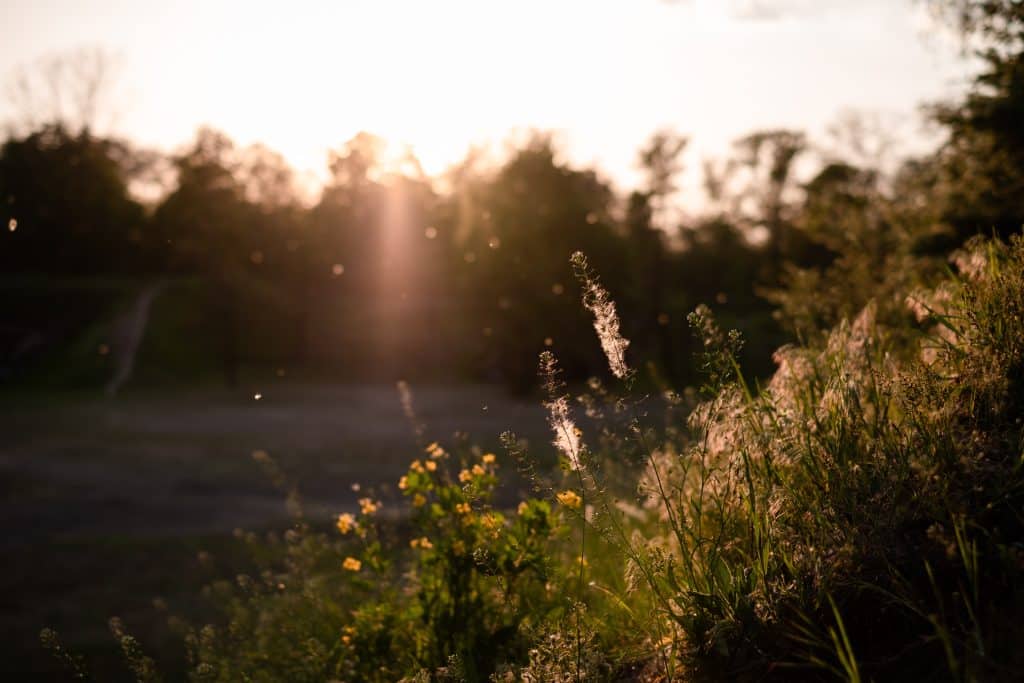Do you anxiously await the first sign of spring in anticipation of warmer weather and blooming flowers? Or do you dread the days when your allergies start acting up?
Contrary to popular belief, allergies don’t always manifest in spring. That’s why it’s important to know when to expect them. So, when is allergy season? Let’s see.
Learn in This Article
- What Is a Seasonal Allergy
- When Is Allergy Season
- How to Get Rid of Seasonal Allergies
- How Long Does Allergy Season Last
- Key Takeaways
What Is a Seasonal Allergy
Also known as hay fever or allergic rhinitis, seasonal allergies often occur during certain times of the year. The most common seasonal allergies are caused by pollen from trees, grasses, and weeds. When these pollen grains are released into the air, they can irritate the nose, throat, and eyes.
The most common seasonal allergy symptoms include sneezing, runny nose, congestion, itching, and watery eyes. In severe cases, people may also experience shortness of breath, coughing, and wheezing.

When Is Allergy Season
Although many think allergy season only happens in spring, that’s not entirely true. The start of allergy season varies depending on where you live and what you’re allergic to.
In general, spring is considered the tree pollen season. Grass pollen usually follows in late spring or early summer. Fall allergies mostly include ragweed pollen, typically at its peak in mid-August through October.
If you don’t know what you’re allergic to and want to know when to prepare precisely for a specific allergy, it’s recommended to take an allergy test.

How to Get Rid of Seasonal Allergies
If you suffer from seasonal allergies, there are a few things you can do to get rid of your symptoms.
Overall, the best seasonal allergies treatment is to stay indoors when the pollen count is high. You can also keep your windows closed and use an air conditioner to filter out pollen and other airborne irritants. If you must go outside, consider wearing a dust mask to help reduce your exposure to allergens.
You can also take over-the-counter or prescription medications to relieve your symptoms. Here are a few examples:
- Antihistamines can help relieve itching, sneezing, and runny nose.
- Decongestants reduce congestion.
- Corticosteroids can be taken as a pill, nasal spray, or inhaler to reduce inflammation.
- Allergy shots are also an option for people who suffer from severe allergies.
How Long Does Allergy Season Last
The length of allergy season varies depending on the types of seasonal allergies. Generally, allergies occur at the same time every year and last until the allergen is present. In most cases, the allergen stays in the air for 2–3 weeks.

When Is Allergy Season: Key Takeaways
- As the name suggests, seasonal allergies typically occur during specific times of the year.
- The most common seasonal allergies are caused by pollen from trees, grasses, and weeds.
- The start of allergy season varies depending on your location and what you’re allergic to.
- There are a few things that you can do to get rid of your symptoms, such as staying indoors when the pollen count is high, taking medications, or, in more severe cases, getting allergy shots.
- Generally, allergies last for about 2–3 weeks.
